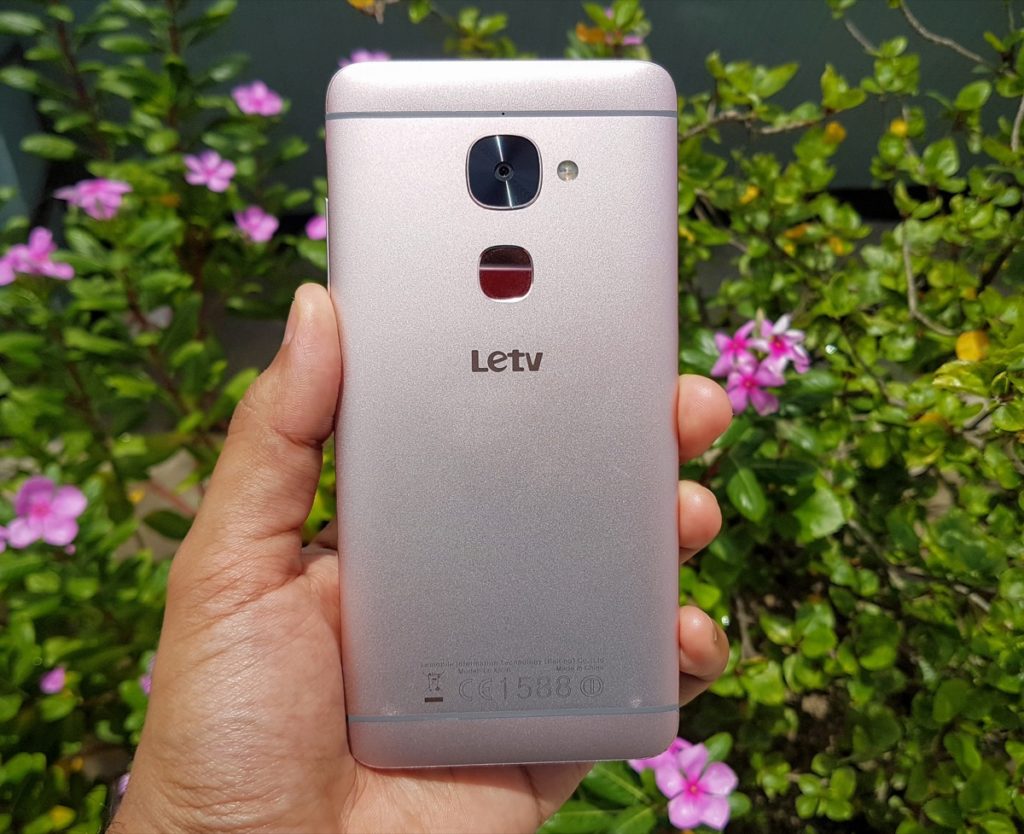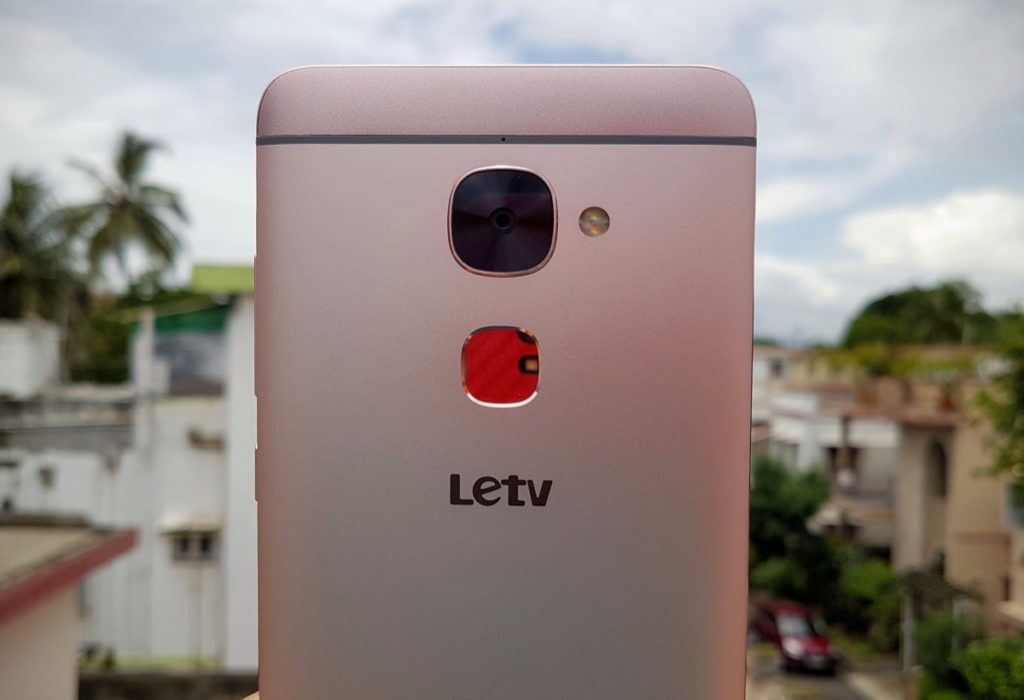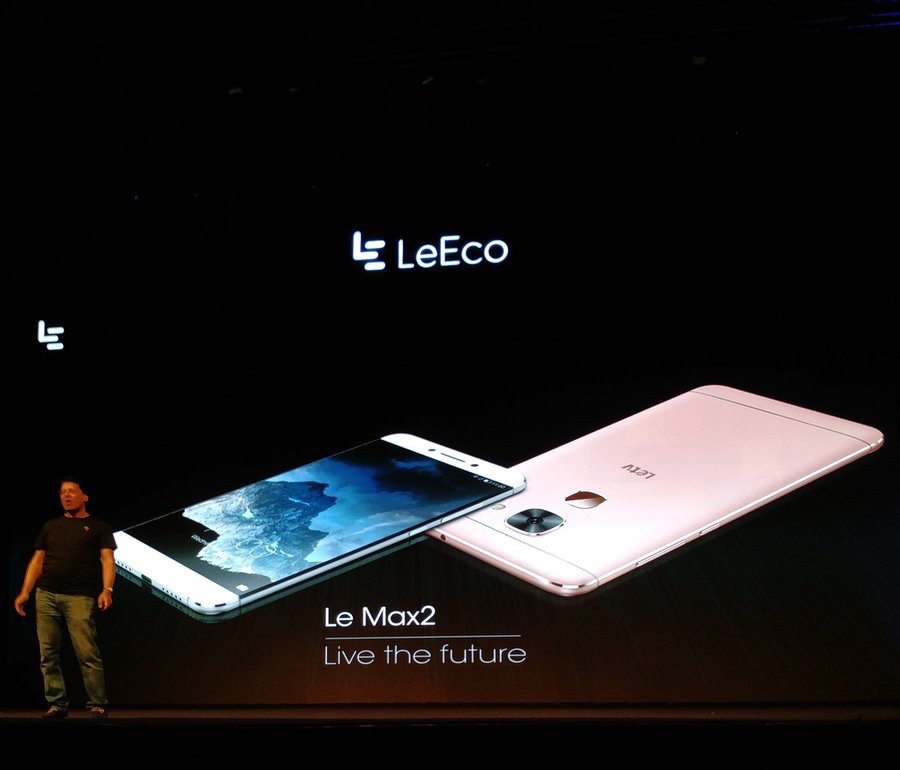
Chinese company LeEco has been expanding rapidly in all directions. The company which originally started as a video streaming service in China has expanded to smartphones, TVs, and even autonomous driving vehicles in a span of just a couple of years. While the company used to first only sell its products in China, it has expanded to India and, more recently, to the United States. However, these aggressive expansion plans have left the company with very little cash as the co-founder of the company Jia Yueting has revealed in an internal letter.
He notes in the letter that the company “blindly sped ahead, and our cash demand ballooned.” The company seems to have been a bit too aggressive with its international expansion plans without putting much thought into its capital requirements and financing capabilities. An example to this is the fact that LeEco purchased TV maker Vizio in the United States earlier this year for $2 billion. LeEco is already known for its televisions in China, and its unclear how the company will benefit from its Vizio acquisition especially since it launched its own televisions in the country under its own brand name.
“No company has had such an experience, a simultaneous time in ice and fire,” Jia wrote in a letter, obtained by Bloomberg News, describing LeEco’s rise and subsequent issues. “We blindly sped ahead, and our cash demand ballooned. We got over-extended in our global strategy. At the same time, our capital and resources were in fact limited.”
The founder apologised to the shareholders of the company and has decided to cut his income to 1 yuan. He will also be slowing LeEco’s rate of expansion and start many cost-cutting programs which will include reducing subsidies being offered to customers.
LeEco entered the United States market with a grand event that was held earlier this month. The launch saw the company offer its smartphones through a flash sale model in the country at throwaway prices albeit in limited quantities.
[Via Bloomberg]

















